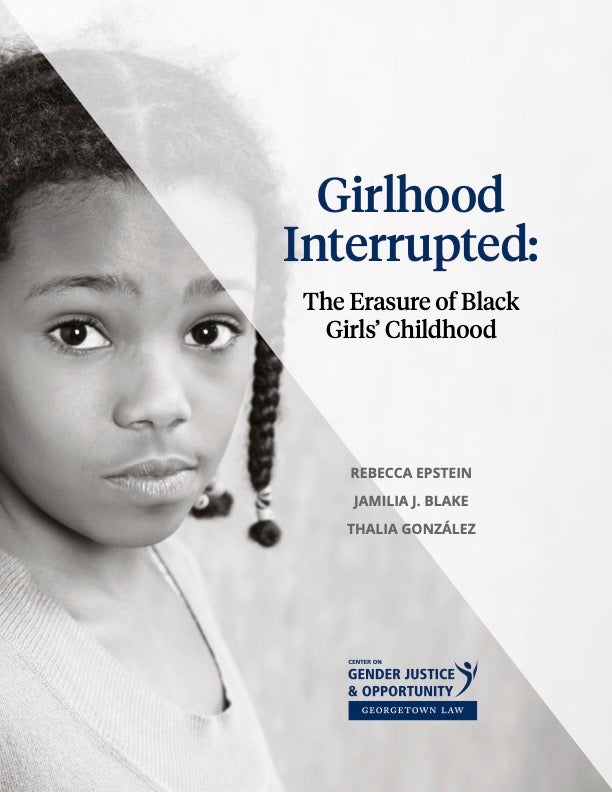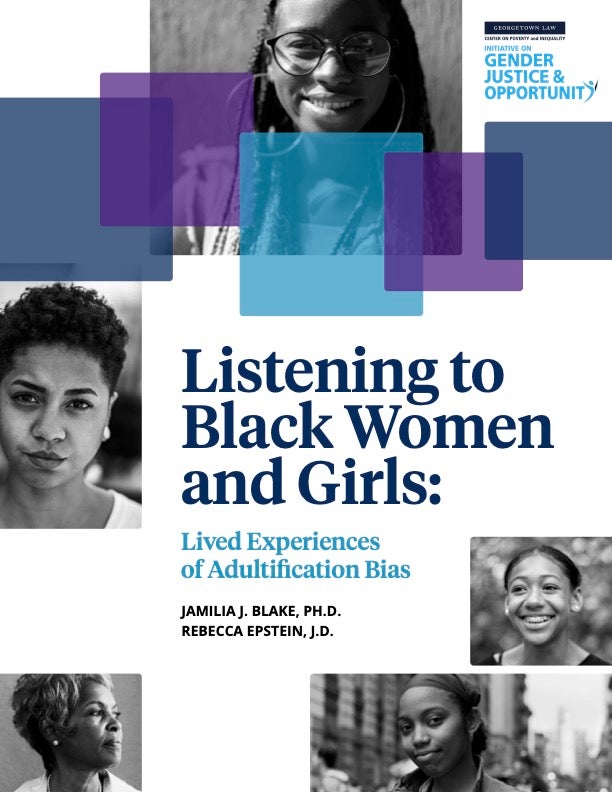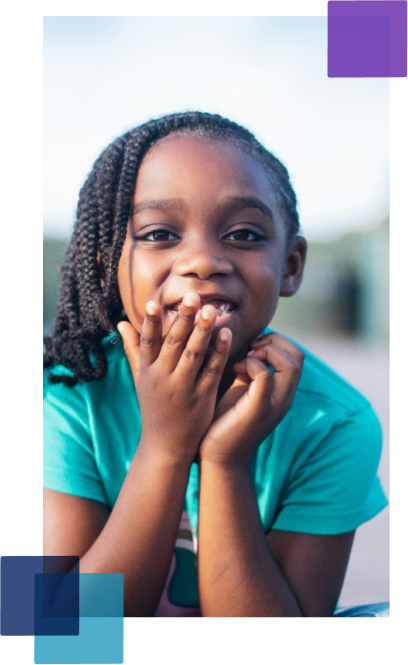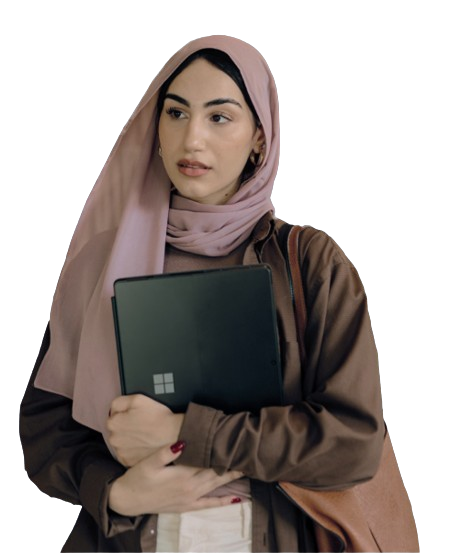Highlights of Our Work on Adultification Bias

Quantitative Research
Girlhood Interrupted: The Erasure of Black Girls’ Childhood outlines the quantitative data gathered under the leadership of Dr. Jamilia Blake, which showed that adults perceive Black girls as needing less nurturing, protection, and comfort than white girls of the same age. The peak difference in adults’ perception of innocence between Black and white girls appeared in the 10-14 year-old age bracket. The potential implications of these findings are profound: if authority figures hold Black girls to a more adult-like standard or view them as fundamentally less innocent, they are less likely to extend them leniency, compassion, or the benefit of a second chance. As a result, adultification bias is a likely contributor to Black girls’ harsher treatment by police and in schools, the juvenile justice system, and the healthcare system.


Qualitative Research
Because the Center values the voices of women and girls, we conducted qualitative research in 2019 to follow up on our original report. In focus groups across the country, Black women and girls confirmed that the experience of adultification bias is common.

About Our Work on Adultification Bias

We are dedicated to elevating awareness of adultification bias and eliminating the harm it inflicts on Black girls, as captured by one of our focus group participants, who said: “[A white girl’s] tears carry more value than [a] Black girl’s.”
To help end adultification bias, we have developed trainings for judges and other decision-makers who wield authority over children’s lives, including juvenile prosecutors and healthcare workers. Learn more about our Offerings and Services.
We have also established an initiative to engage the public in fighting adultification bias. We welcome you to join that fight:
Share your story about adultification bias or post words of encouragement to Black girls in our online storytelling gallery.
Tell us about your community’s efforts to fight adultification bias.
Join our social media campaign by sharing your views and adding the hashtag #EndAdultificationBias
Join Our Distribution List
Stay informed about The Center on Gender Justice & Opportunity’s impactful work and upcoming events by signing up for our newsletter.





